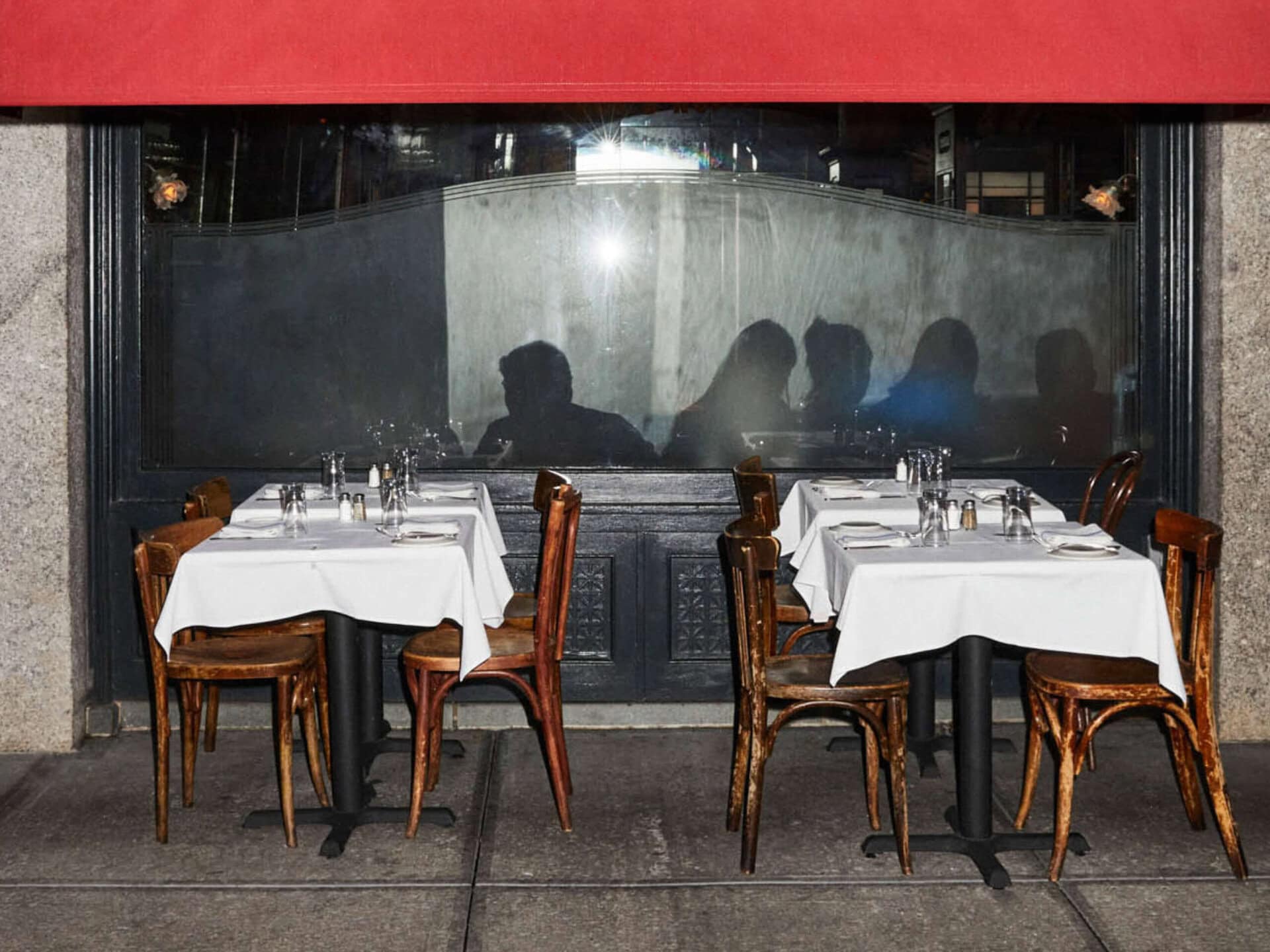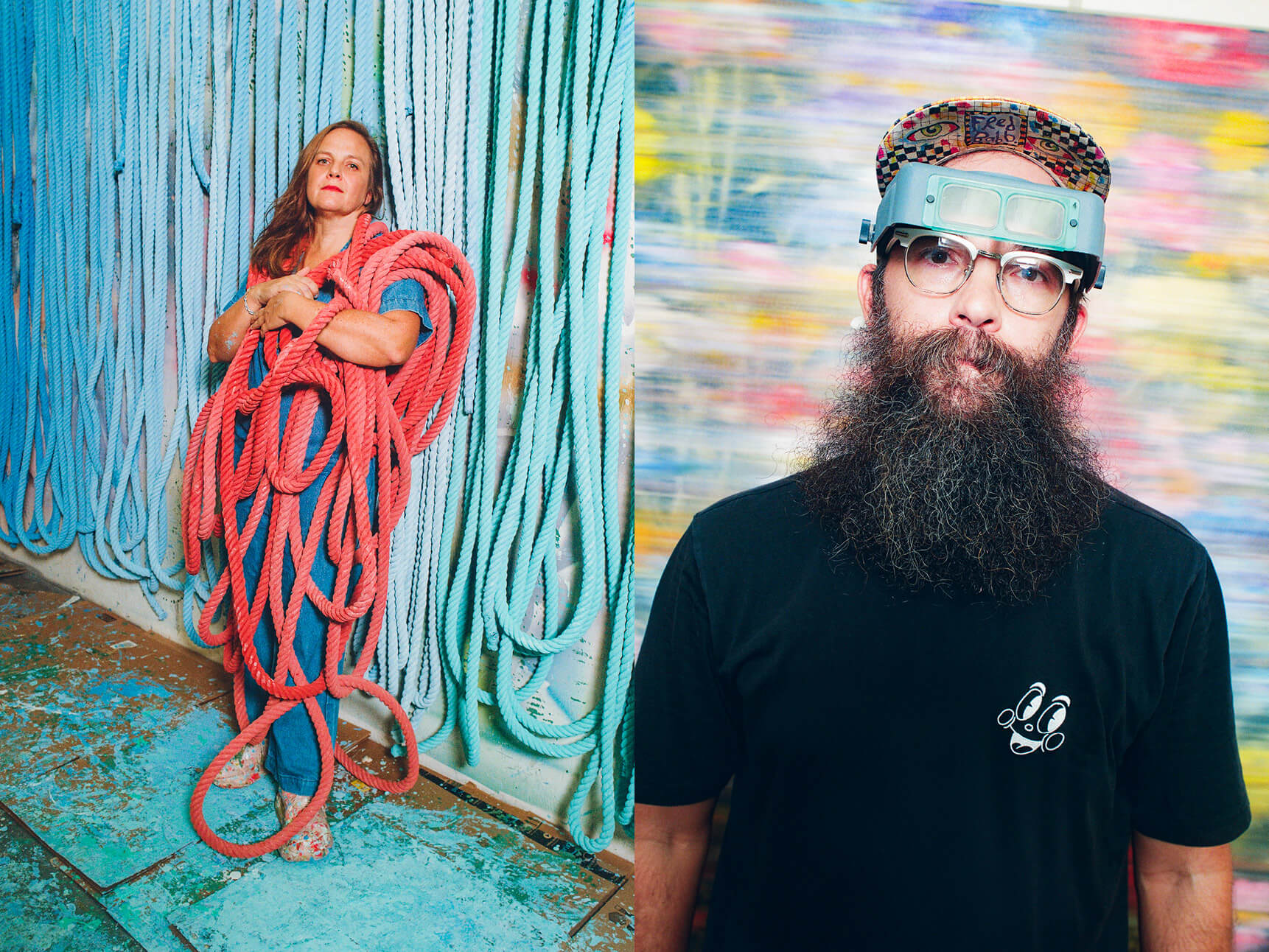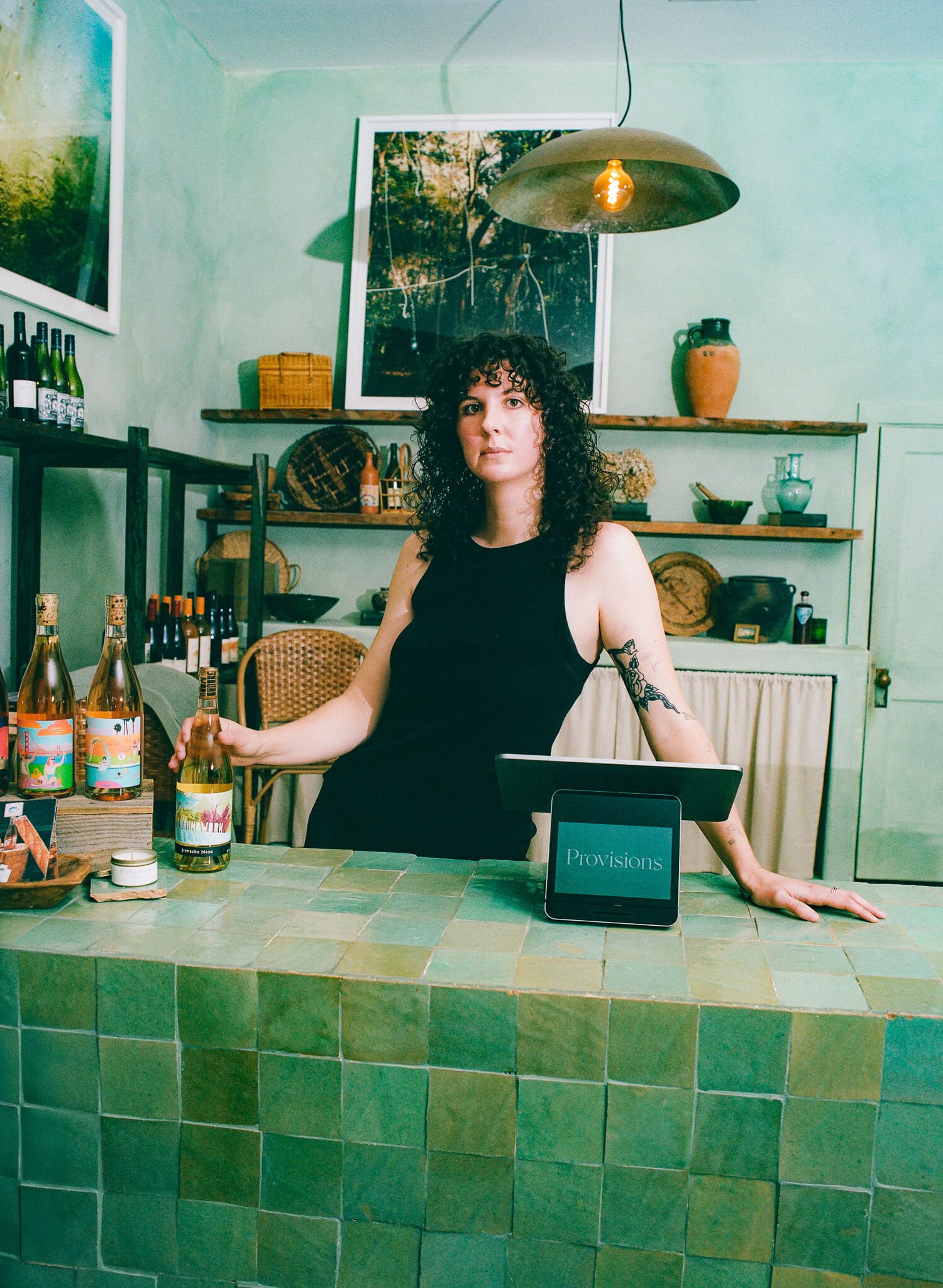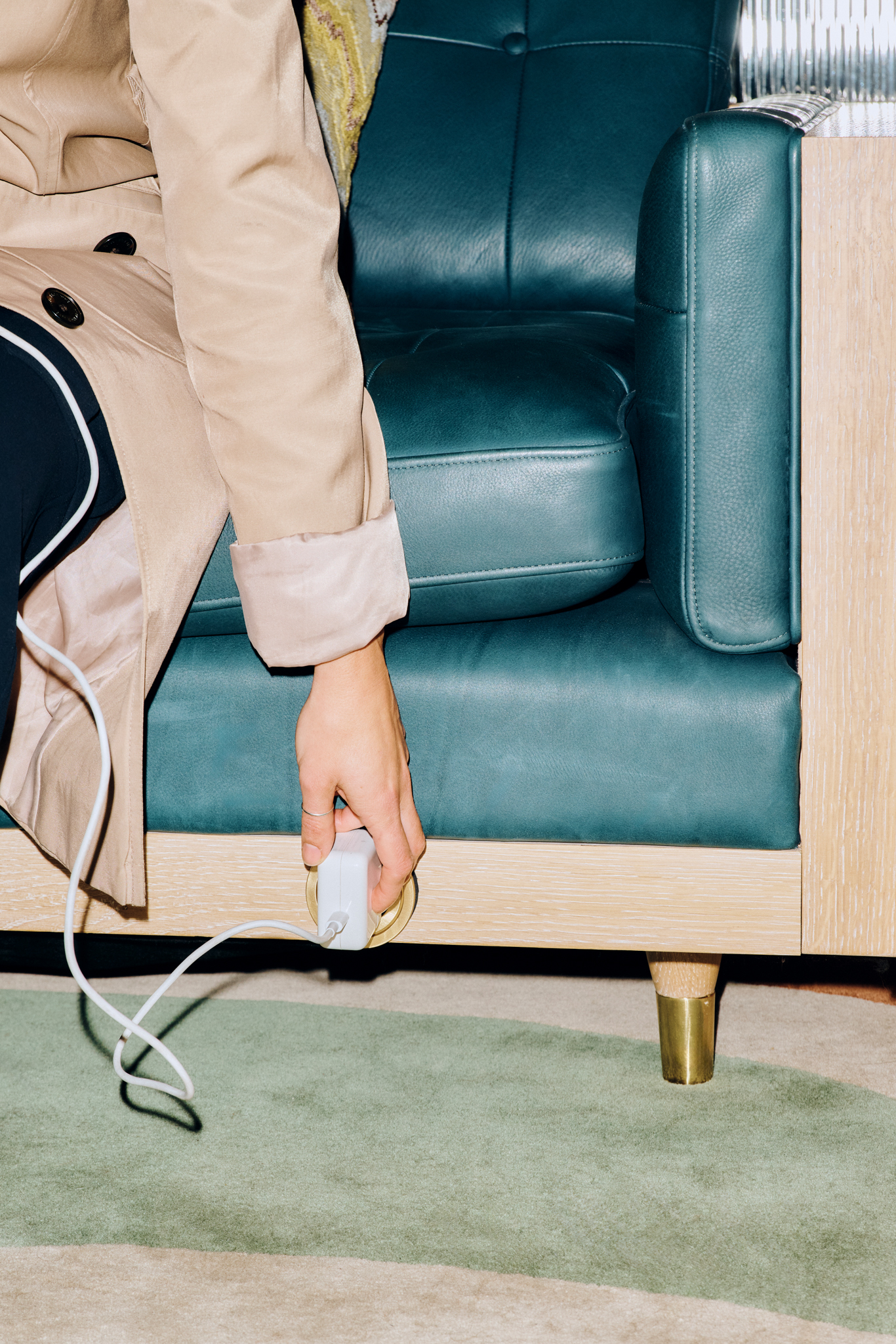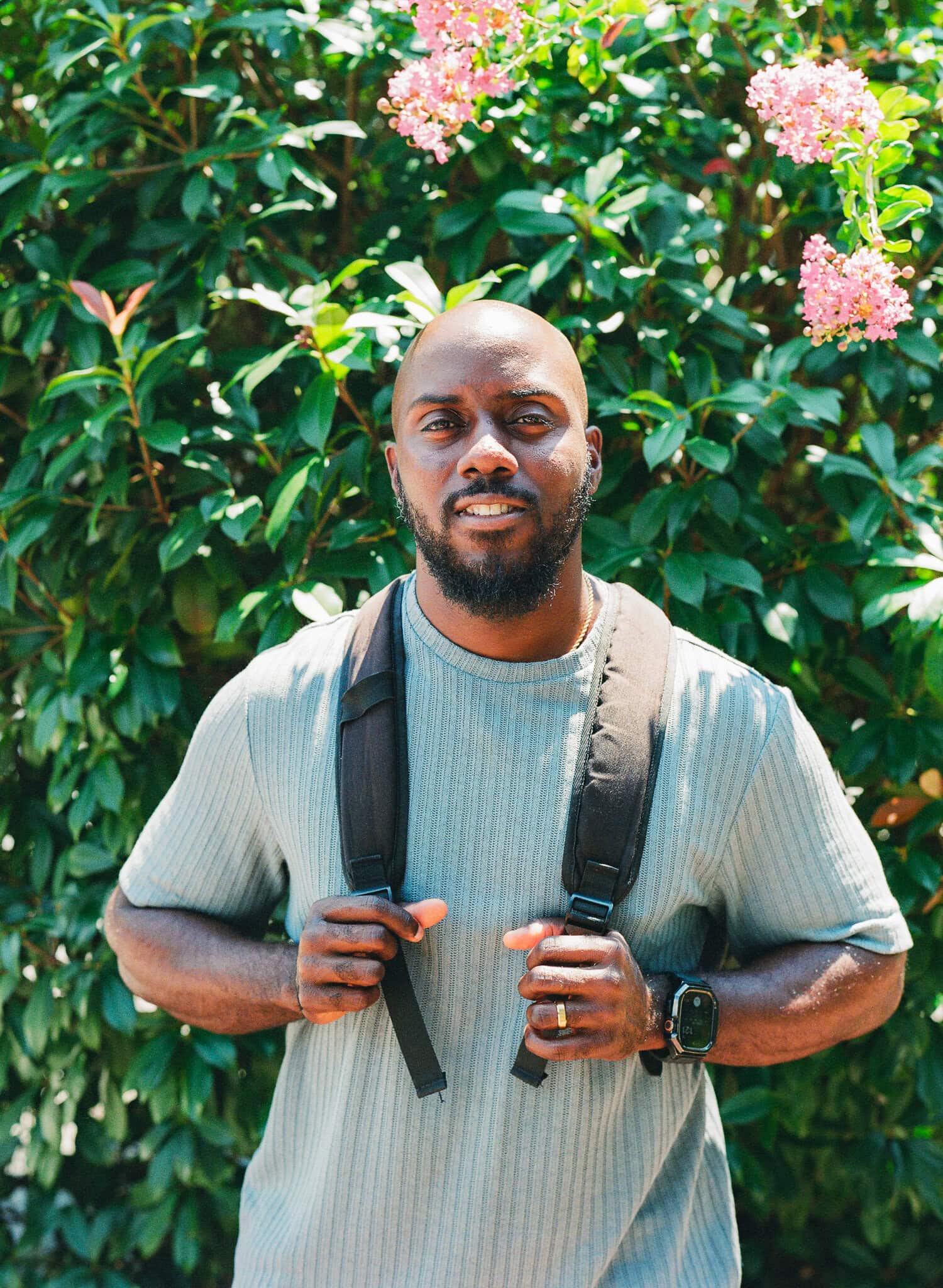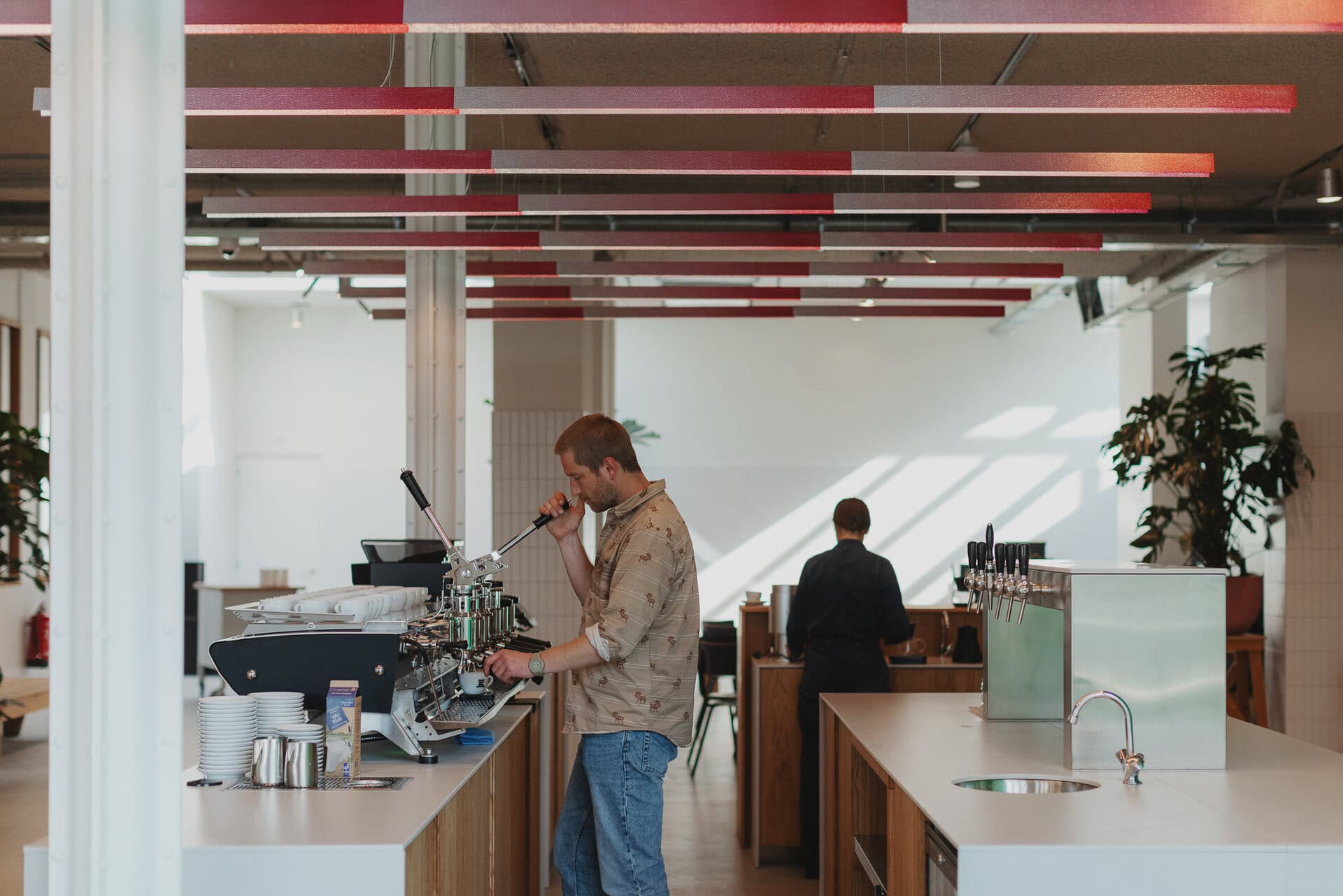
There was a time when Paul Sharo didn't know what a specialty coffee bar was. Today, after ten years in the coffee business, the Rotterdam-based entrepreneur owns what he calls the city's first coffee hotel.
Tucked along—where else—a quiet canal in the Noord neighborhood of Rotterdam in The Netherlands, the Coffee Hotel houses a coffee roastery, a café with a one-of-a-kind espresso machine (christened Frank), a podcast studio, and most interestingly, a residency program that treats baristas like artists in residence.
Young coffee professionals migrate here for months of paid work, cross-pollinate techniques and philosophies, then disperse back across Europe, carrying Rotterdam’s coffee DNA with them. “We’re all learning about coffee culture and the way that happens in other countries,” says Sharo.
The Coffee Hotel isn’t Sharo’s first caffeine-tinged endeavor. In 2014, he opened Rotterdam’s first specialty coffee bar, Man Met Bril (“man with glasses”—his own moniker). Over the next ten years, he watched Rotterdam morph from Amsterdam’s grittier sibling into a design hub brimming with hip coffee shops, craft cocktail bars, and an experimental art scene. “We saw the atmosphere change a lot,” he says, noting that his café quickly became a weekend pilgrimage site for locals and tourists alike.
And then, as the infamous saying goes, Covid hit, and Sharo’s coffee bar began to hemorrhage talent. “As a business owner, you’re not a one-man show, the people working for you are the base of your whole business,” he says. “And when they leave, there is a lot of value that walks out of your business.”
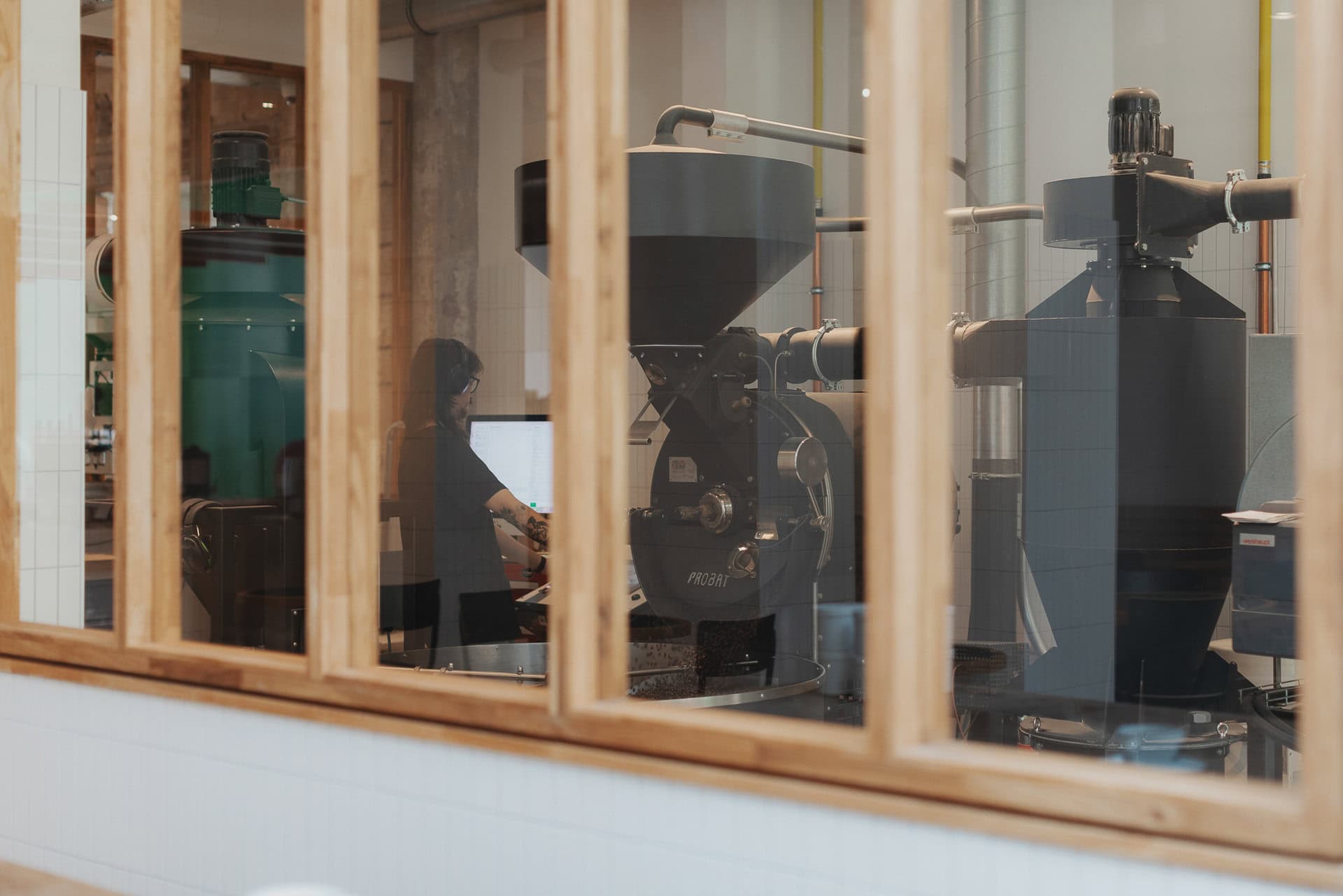
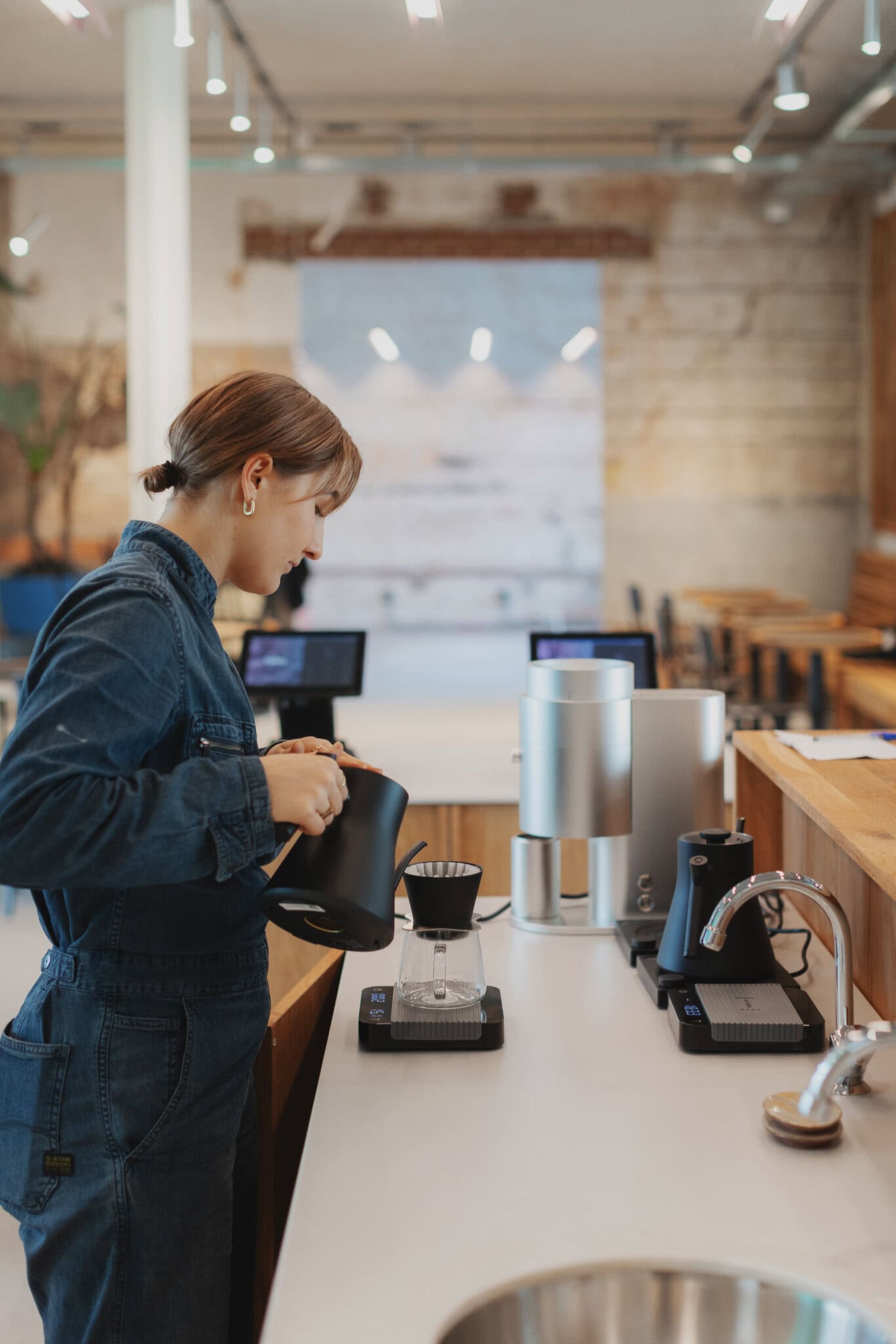
Frustrated, Sharo took a step back, and realized he could invert the problem: instead of trapping his employees and making it hard for them to leave, why not make it easier for them to come in the first place? “I realized they were me, fifteen years ago, enthusiastic about hospitality. Of course they should come and go,” he says. The seeds for the residency program were sown.
The Coffee Hotel launched in May 2025, with a whopping eight baristas-in-residence—an ambitious debut that has tampered a bit since then. Winter months now host 2-3 residents, while summer peaks at 4-5. Though Schengen visa restrictions currently limit recruitment to EU citizens (applicants so far hail from Spain, Portugal, Germany, Croatia, and Hungary) he says he might consider unpaid exchange programs with Americans.
The residents get to choose their stations—roastery or café—but the real education likely happens in the margins, with late-night conversations about coffee, and cultural exchanges over shared meals. At the end, the baristas inevitably leave, but they leave having learned a lot from one another. Crucially, says Sharo: “you also learn from them.”
For Sharo, this intentional impermanence could help solve multiple industry pathologies like burnout and cultural insularity—and it could well work for industries beyond hospitality. “Something really unique happens when you spend time together with a person for a longer time,” he says. “It’s like what happens on school trips, you get to know someone in a different way.”
The model’s apparent inefficiencies—constant turnover, endless onboarding—might frighten some, but for Sharo, it is precisely its strength. “The social ROI goes through the roof,” he says, noting that his core team remains the same to give the business the stability it needs.
His ultimate advice? “Build something in a positive way, and something positive will happen.”
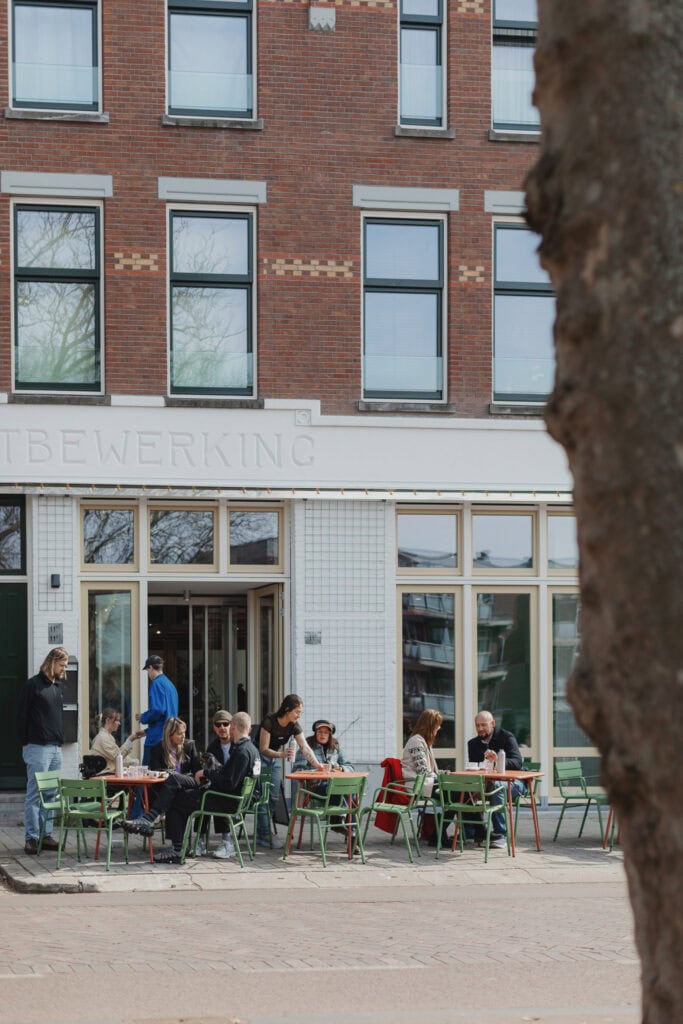
CREDITS
Elissaveta M. Brandon is a storyteller who explores niche stories that reveal broader truths about how we live and connect. Over the past decade, she has translated complex ideas about design, cities, and science into engaging narratives for publications including Fast Company, Wired, Smithsonian, and Bloomberg CityLab.
